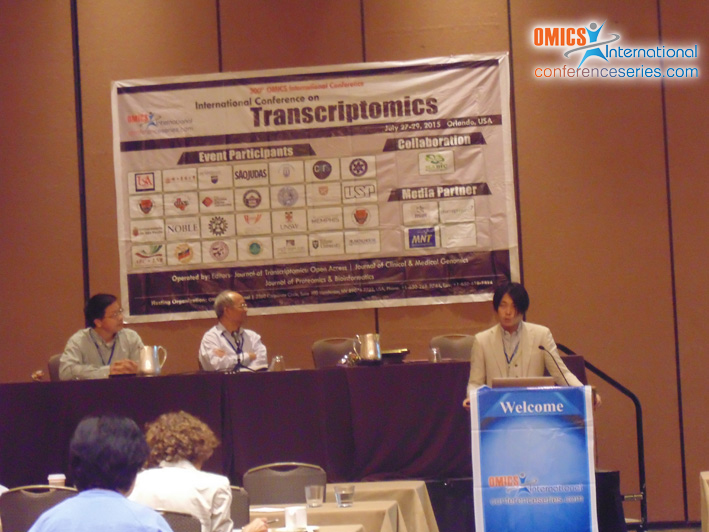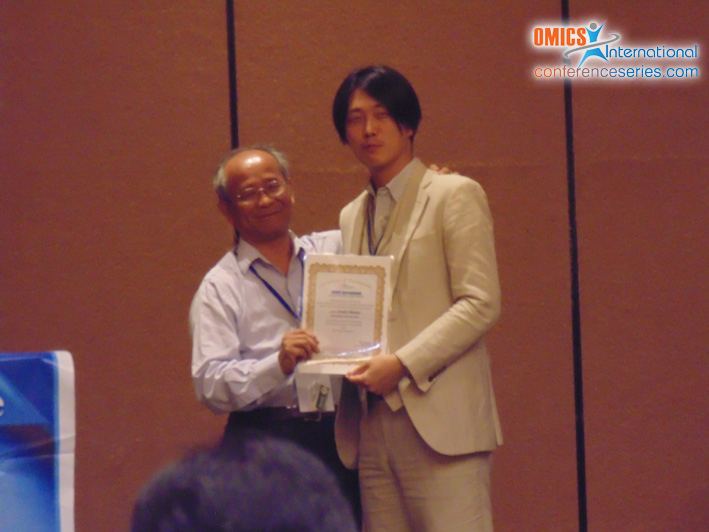
Atsushi Shimizu
Iwate Medical University, Japan
Title: Reduction of systematic bias in transcriptome data from human peripheral blood mononuclear cells for transportation and biobanking
Biography
Biography: Atsushi Shimizu
Abstract
Transportation of samples is essential for large-scale biobank projects. However, RNA degradation during pre-analytical operations prior to transportation can cause systematic bias in transcriptome data, which may prevent subsequent biomarker identification. In this study, we examined the effectiveness of RNA-stabilizing reagents to prevent RNA degradation during pre-analytical operations with an emphasis on RNA from PBMCs to establish a protocol for reducing systematic bias. To this end, we obtained PBMCs from 11 healthy volunteers and analyzed the purity, yield, and integrity of extracted RNA after performing pre-analytical operations for freezing PBMCs at -80°C. We selected 7 samples from 11 healthy volunteers, and systematic bias in expression levels was examined by RNA-Seq experiments and data analysis. Our data demonstrated that omission of stabilizing reagents significantly lowered RNA integrity, suggesting substantial degradation of RNA molecules due to pre-analytical freezing. RNA-Seq for 25,223 transcripts suggested that about 40% of transcripts were systematically biased. These results indicated that appropriate reduction in systematic bias is essential in protocols for collection of RNA from PBMCs for large-scale biobank projects. Among the seven commercially available stabilizing reagents examined in this study, RNA-Seq experiments consistently suggested that RNALock, RNA/DNA Stabilization Reagent for Blood and Bone Marrow, and 1-Thioglycerol/Homogenization solution could reduce systematic bias. On the basis of the results of this study, we established a protocol to reduce systematic bias in the expression levels of RNA transcripts isolated from PBMCs. We believe that these data provide a novel methodology for collection of high-quality RNA from PBMCs for biobank researchers



